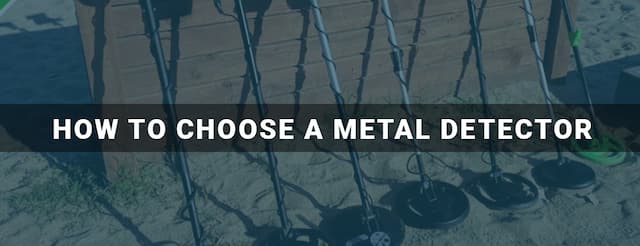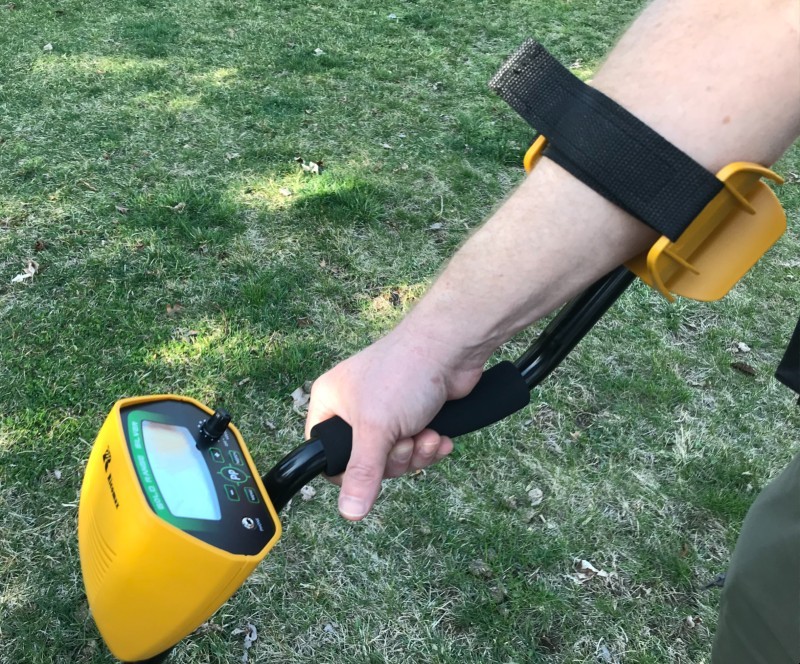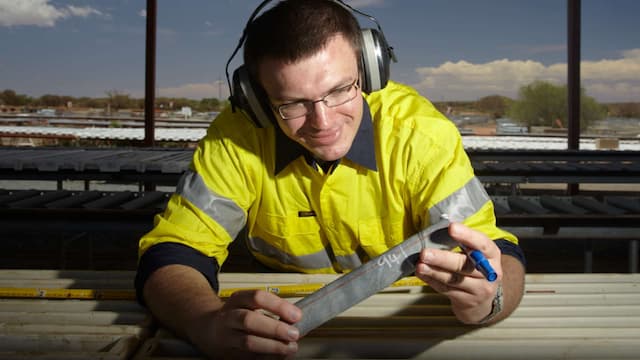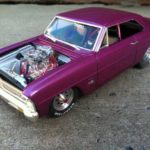Metal detecting is a fun way to enjoy the outdoors, get some exercise and find many interesting treasures. Even if you’ve never metal detected before, most machines have quick start settings that make the whole experience much easier. And you don’t have to master everything about your detector right away. Take it step by step and enjoy the adventure.

There are several factors to consider before selecting your detector, including your budget, level of experience and a reputable brand. Metal detecting is a fun hobby that pays itself with the valuables you find. But choosing your first metal detector can be a daunting task. There are many different options you can choose from and prices can vary between them.
How to Choose a Metal Detector

Metal detectors work by transmitting an electromagnetic field into the ground and analyse the return signal of any metal object (target). Within the electromagnetic field, the metal object becomes energised and retransmits an electromagnetic field of its own. Most metal detectors you can find these days are “all-purpose” detectors and you can use them to find anything, from coins, relics and jewellery to gold.
Type of Detector
If you want to find gold with a metal detector, keep in mind that it takes time, research, a lot of patience and the correct equipment, whether it’s a brand new or second hand gold detector. If you are going after gold nuggets or gold flakes only, you may want to look for a detector that operates at a higher frequency with smaller or special-shaped coils and is sensitive to smaller gold, which is harder to register on standard detectors.
Unlike treasure hunting for coins, relics or jewellery, finding the proper equipment for gold prospecting requires careful consideration. If you want to start with good quality and affordable tool, you can opt for a second hand gold detector. Gold detectors are the most popular tool among treasure hunters and amateur prospectors. For all intents and purposes, these are metal detectors specifically constructed and calibrated for gold hunting.
Gold detectors take the metal detecting process a step further by measuring inductance and conductivity. Inductance refers to the number of eddy currents produced in the target and conductivity refers to how easily the eddy currents flow. By measuring their size and how fast they are travelling, gold detectors can calculate the time constant of a target. Keep in mind that time constants between targets can vary. The size, shape and distance of a target can affect the accuracy of the detector’s time constant calculation.
Gold detectors are designed to find unrefined gold nuggets, not jewellery. Relic detectors, on the other hand, can find gold in its refined form and other metal objects as well. Some relic detectors have gold nugget mode, but a gold detector will always outperform a relic detector in gold mode.
The key difference between the different types of detectors is the treasure detectors offer discrimination settings that can help you avoid digging junk. When it comes to gold prospecting detectors, they need a manual or automatic ground balance that can stabilise the detector and prevent false signals in heavily mineralised ground.
Control Box

The control box contains the metal detector’s electronics. It’s where the transmit signal is detected and the received signal is processed and converted into a target response.
Coil Configuration
The coil is one of the most important parts of a metal detector and controls many detection variables, such as frequency, sensitivity and discrimination. Your machine should have one of these three configurations:
- Double D coil – it operates very well for highly mineralised soil and can reach high depth even for small targets.
- Concentric coil – it allows strong pinpointing capabilities but doesn’t operate so well for mineralised soil.
- Monoloop coil – it is used for Pulse Induction machines and the signals coming from this type of search coil have a very high frequency and can operate on heavily mineralised soil.
Coil Size
When it comes to coil size, you should know that the diameter of the coil is directly proportional to the depth of the search. Different coil sizes are used differently. A smaller coil is usually better in high trash areas when several targets are close to each other. If you are expecting deep targets, then you can choose a metal detector with larger coils. A large coil is great for low-mineralisation areas as well.
Headphones

Headphones are used for sound isolation and a good set can significantly increase your chances of finding buried objects by blocking underground noise. Also, using headphones can improve the battery life of your metal detector and keep unwanted attention from curious onlookers away.
Weight
You will be lugging your metal detector around, in a range of landscapes and all types of terrain. Choose a detector that’s not too heavy, so you can easily carry it around and enjoy your treasure hunting journey more.
Sophistication
If you are serious about your metal detecting hobby, you can choose a detector that offers plenty of high-tech features like intuitive menu selections, LCD display, detailed search modes and more. Some of them might be pricier, but they offer a lot of advantages. If you are a beginner who just wants to try out something new, a more streamlined, basic model might be easier to use.















